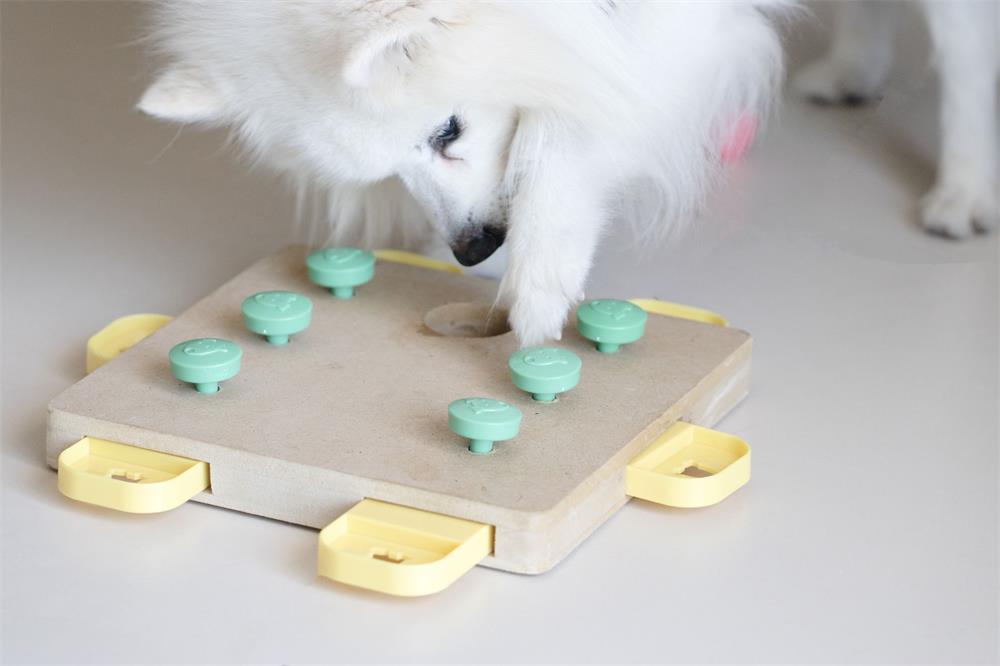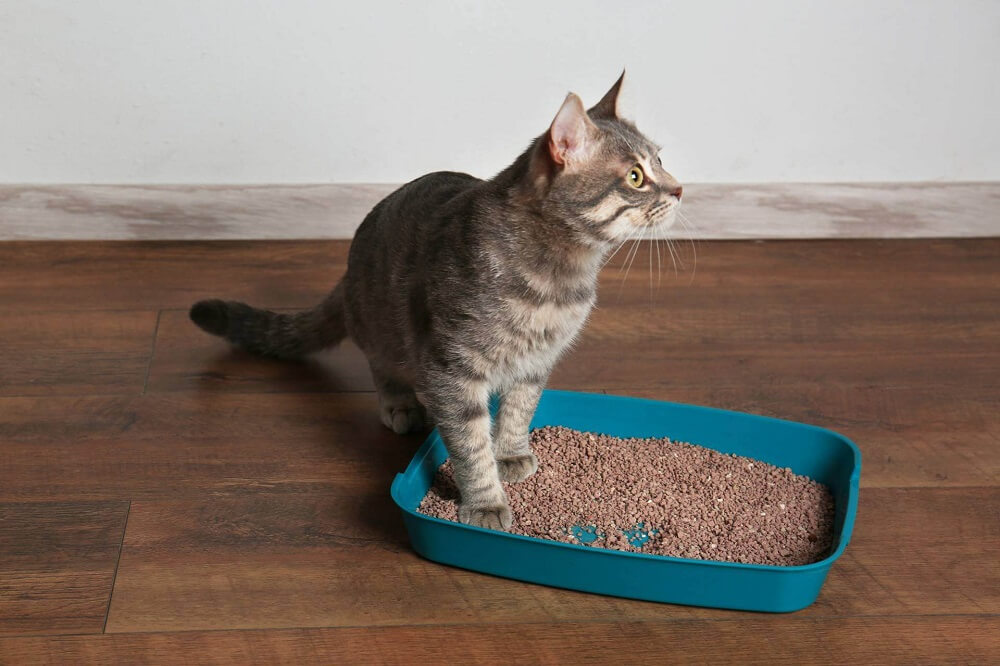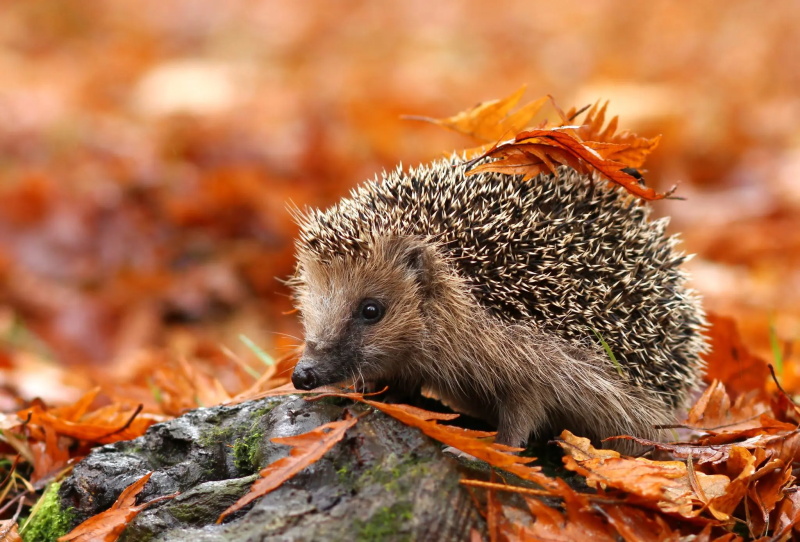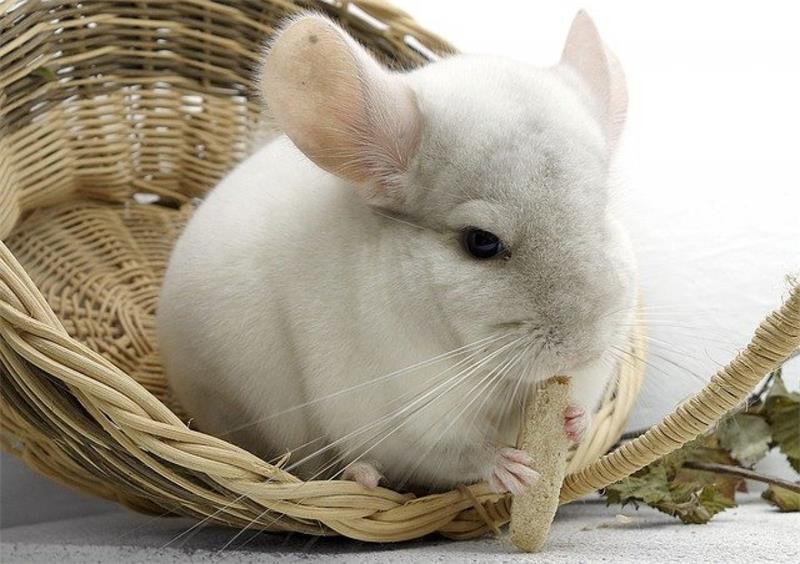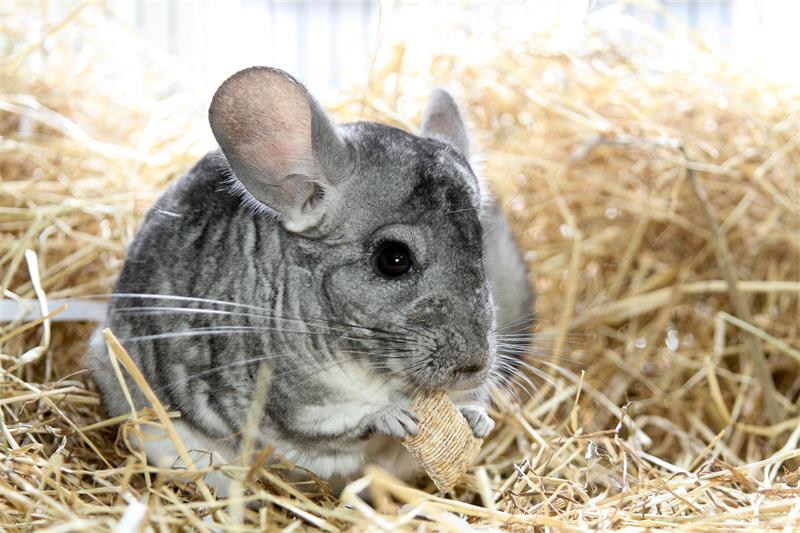
Table of Contents
Ferrets are adorable and playful animals that make great pets for many people. However, they also have sharp teeth and can sometimes bite hard. Does this mean that ferrets are aggressive by nature? Not necessarily. In this article, we will explore the reasons why ferrets may bite, how to tell the difference between playful and aggressive biting, and how to handle an aggressive ferret.
Are Ferrets Aggressive?
Ferrets are not inherently aggressive animals. They are very social and curious creatures that enjoy interacting with humans and other animals. However, like any other animal, they may bite for various reasons. Biting is one of the ways that ferrets communicate with each other and with their owners. It can mean different things depending on the context and the intensity of the bite.
When Do Ferrets Bite?
Ferrets may bite for several reasons, such as:
- Playing: Ferrets love to play and have fun. They often bite each other gently during play as a way of inviting or engaging their playmates. They may also bite their owners in a similar manner, especially if they are young and have not learned to control their bite force. Playful biting is usually accompanied by energetic behavior, vocalizations, and invitations to play.
- Asking for attention: Ferrets may bite their owners to get their attention or to ask for something. For example, they may bite your hand if they want you to pet them, or bite your foot if they want you to follow them. They may also bite if they are bored or lonely and need some stimulation.
- Expressing fear or discomfort: Ferrets may bite if they feel scared, threatened, or uncomfortable. This can happen if they are exposed to a new or stressful situation, such as a loud noise, a strange animal, or an unfamiliar person. They may also bite if they are in pain or sick and want to be left alone. Fearful or uncomfortable biting is usually accompanied by hissing, hiding, or attacking when approached.
- Showing dominance: Ferrets may bite to assert their dominance over other ferrets or animals. This is more common in unaltered male ferrets during mating season, when they become more territorial and aggressive. They may also bite their owners if they perceive them as a threat or a challenge to their authority.

How to Tell if a Ferret Is Aggressive
The key to telling if a ferret is aggressive is to observe their body language and behavior. Here are some signs that indicate an aggressive ferret:
- They avoid human interaction and prefer to stay hidden in a safe place.
- They hiss, growl, or scream when approached or touched.
- They attack without provocation or warning.
- They bite hard and do not let go easily.
- They show signs of stress, such as trembling, panting, or drooling.
On the other hand, here are some signs that indicate a playful or friendly ferret:
- They are energetic and curious and explore their surroundings.
- They dance, jump, run around, or dook (make a chuckling sound) when playing.
- They nip gently and release quickly when biting.
- They lick or groom their owners or other animals.
Why Is My Ferret Acting Aggressively?
If your ferret is acting aggressively, you should try to find out the root cause of their behavior. There may be several factors that contribute to their aggression, such as:
- Lack of socialization: If your ferret was not properly socialized from a young age, they may not know how to interact with humans or other animals appropriately. They may not understand that biting is unacceptable or that humans have thinner skin than ferrets. They may also be fearful or distrustful of strangers or new situations.
- Hormonal changes: If your ferret is unaltered (not spayed or neutered), they may experience hormonal changes that affect their mood and behavior. Male ferrets may become more aggressive during mating season, while female ferrets may become more aggressive if they remain in heat for too long without breeding. This can also lead to health problems such as bone marrow suppression from high levels of estrogen¹.
- Adrenal gland disease: This is a common condition in ferrets that affects the adrenal glands, which produce various hormones. Adrenal gland disease can cause excessive production of sex hormones, leading to hair loss, itching, vulvar enlargement in females, prostatic enlargement in males, and aggression. The exact cause of this disease is unknown, but it may be related to early spaying or neutering, diet, or lack of natural light. Treatment options include surgery, medication, or hormonal implants.
- Lymphoma: This is a type of cancer that affects the lymph nodes and other organs. Lymphoma is fatal and there is no known prevention for it. Symptoms of lymphoma include enlarged lymph nodes, weight loss, anemia, weakness, and difficulty breathing. Treatment options include chemotherapy, radiation therapy, or palliative care.
- Cardiomyopathy: This is a heart condition that can cause sudden death in ferrets. Cardiomyopathy affects the heart muscle and reduces its ability to pump blood effectively. The cause of this disease is unknown, but it may be related to taurine deficiency, genetics, or viral infections. Symptoms of cardiomyopathy include lethargy, coughing, fluid accumulation in the chest or abdomen, and collapse. Treatment options include medication, fluid therapy, or oxygen therapy.
- How to Deal with an Aggressive Ferret
- If your ferret is biting you or other animals aggressively, you should not ignore or tolerate this behavior. Aggressive biting can cause injury and infection to both you and your ferret. Here are some tips on how to deal with an aggressive ferret:
- Identify the cause: Try to figure out why your ferret is biting. Is it because they are young and untrained? Is it because they are in pain or sick? Is it because they are hormonal or territorial? Is it because they are scared or stressed? Knowing the cause can help you find the best solution for your ferret’s aggression.
- Seek veterinary help: If your ferret is biting due to a health issue, you should take them to a veterinarian as soon as possible. Your veterinarian can diagnose and treat the underlying problem and prescribe medication or surgery if needed. Your veterinarian can also advise you on how to prevent or manage certain diseases that can cause aggression in ferrets.
- Train your ferret: If your ferret is biting due to a lack of socialization or discipline, you should train them to stop this behavior. You can use positive reinforcement techniques such as praise, treats, toys, or playtime to reward your ferret for good behavior and discourage biting. You can also use negative reinforcement techniques such as scruffing (gently holding the loose skin on the back of the neck), hissing (making a loud noise), or time-outs (putting your ferret in a cage or carrier for a few minutes) to correct bad behavior and teach your ferret that biting is unacceptable. You should never hit or yell at your ferret as this can make them more fearful or aggressive.
- Neuter or spay your ferret: If your ferret is biting due to hormonal changes or mating instincts, you should consider neutering or spaying them. This can reduce their aggression and prevent unwanted pregnancies and health problems. You should consult with your veterinarian about the best time and method to neuter or spay your ferret.
- Provide a suitable environment: If your ferret is biting due to boredom or frustration, you should provide them with a stimulating and enriching environment. You should give your ferret enough space, toys, hiding places, tunnels, hammocks, and bedding to keep them happy and entertained. You should also give your ferret enough exercise and attention every day. You should play with your ferret regularly and let them explore their surroundings safely. You should also introduce your ferret to other animals and people gradually and carefully to avoid stress and conflict.

Conclusion
Ferrets are not naturally aggressive animals. They may bite for various reasons such as playing, asking for attention, expressing fear or discomfort, or showing dominance. However, biting can also indicate a health problem or a behavioral issue that needs to be addressed. By understanding why your ferret bites and how to deal with it properly, you can prevent injury and infection and improve your relationship with your furry friend.



